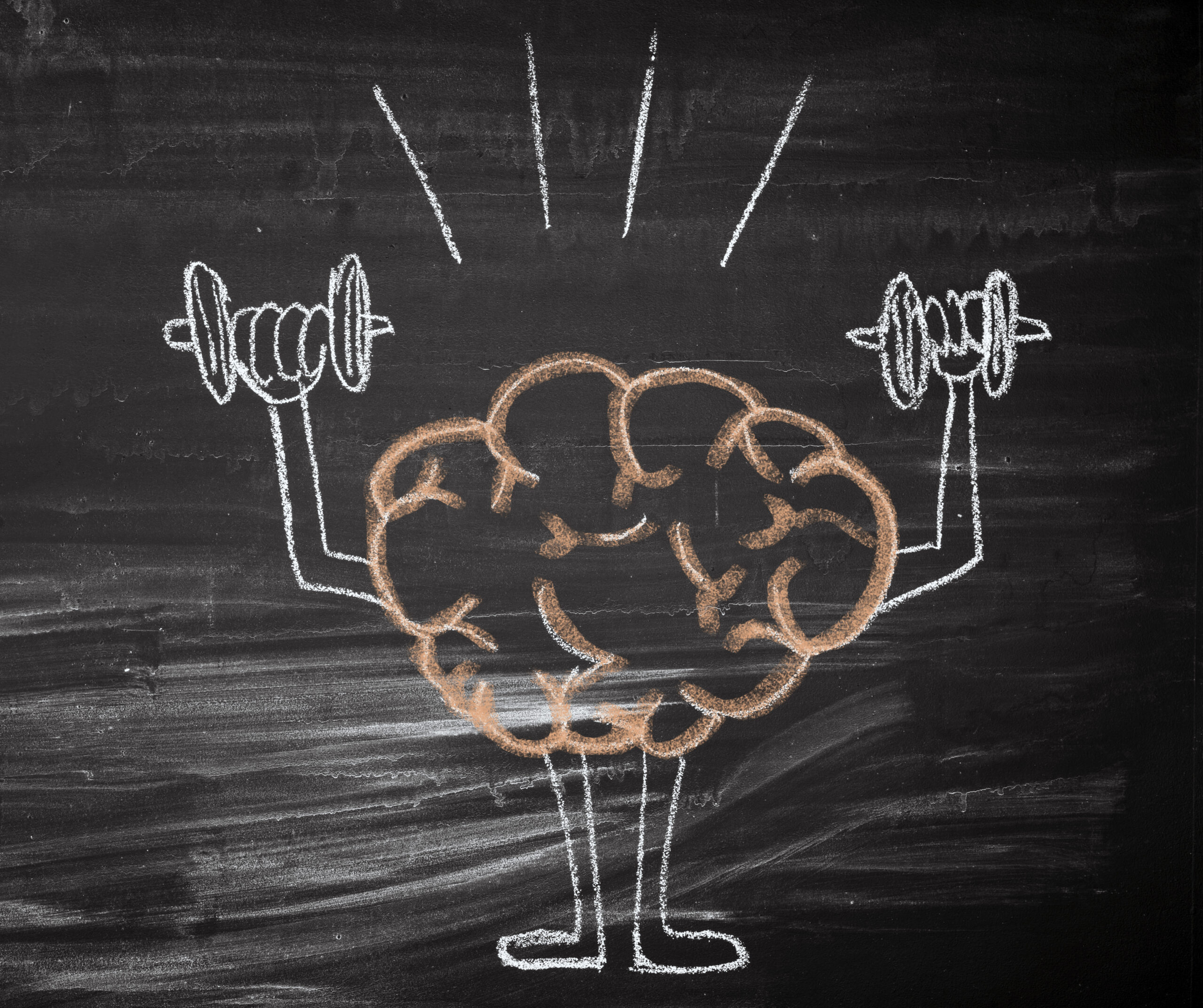In the world of sports, professional athletes strive to be in complete control of their game. Remaining unphased by distractions and dialing in a focused state of mind is the key to achieving peak performance. Being in the right mental state is half the battle to finding success in any sport, so athletes do their best to “get in the zone” from the moment the game/event starts. However, with spectators watching closely, crowds cheering loudly, and performance expectations set, getting into the zone is easier said than done.
To channel peak performance, many athletes perform routine brain training exercises as a part of their regimen. High-tier athletes recognize that a strong mind is just as important as a strong body. In fact, many Olympic champions and professional athletes from various sports use neurofeedback therapy as a part of their training in their quest for greatness. It has been documented that famous athletes such as Kirk Cousins (NFL quarterback), Lucas Giolito (MLB pitcher), Kerri Walsh (beach volleyball gold medalists), and Chris Kaman (NBA player) credited neurofeedback as a factor that helped them maintain a competitive edge during the pinnacle of their career. However, these are only a few athletes out of many who have used neurofeedback in their careers, and professional brain training has become a closely guarded secret among elite athletes to help them unlock their full potential and push the boundaries of human performance.
How does neurofeedback help improve sports performance?
Just like how you need to exercise your body’s muscles to enhance physical performance, your brain needs exercise to enhance cognitive performance. Like other muscles in the body, the brain can repair itself, a state also known as neuroplasticity. Neurofeedback training acts as a workout for your mind to help regulate brain waves and improve brain function.

To stay physically fit, you’d typically go to a gym and learn specific exercises to strengthen your muscles. Brain training is similar and can be seen as a training gym for your mind. Neurofeedback therapy targets specific brainwaves that correspond to various states of consciousness, such as alertness, sleep, balance, and focus. Neurofeedback can offer valuable insights into how a brain operates and precisely measures specific brain functionality elements using EEG sensory technology.
There are seven brain waves produced from various regions of your brain; in ascending order, they are delta .7-4hz, theta 4-8hz, alpha 8-12hz, low beta 12-15hz, beta 15-18hz, high beta 18-38hz, and gamma 38-41hz.
Athletes understand that practice makes perfect, and that sentiment holds true for the brain. The more you train with it with neurofeedback, the easier it is to constantly dictate a balanced and focused state of mind.
What elements can neurofeedback improve specifically?
Studies have validated the efficacy of neurofeedback and its correlation in enhancing athletic performance. These studies have consistently shown favorable results, demonstrating how neurofeedback can significantly improve sustained focus, stress management, decreased reaction time, and improved motor control.
Formidable Focus
An unshakable focus hinges on several factors, including the ability to redirect disruptive thoughts or emotions and pivot attention. Extensive research demonstrates neurofeedback’s effectiveness against conditions that hinder focus, such as ADHD/ADD. Studies reflect that neurofeedback training athletes experience heightened focus and concentration, allowing them to tune out distractions and focus on their performance. According to a study published by Bandmeyer and Delorme (2020), neurofeedback was found to positively affect focus by enhancing frontal-midline theta power during mindful meditation.
Reduction of Performance Anxiety and Stress Management
Staying composed and level-headed can be the difference between victory and defeat in the heat of competition. Stress and performance anxiety can narrow an athlete’s attentional focus, resulting in overthinking maneuvers, failing fundamentals, and missed opportunities. Performance anxiety can even pose a safety hazard by increasing the likelihood of an injury. According to the National Institutes of Health, athletes with higher levels of competitive anxiety are more prone to injury.
Neurofeedback equips athletes with mental resilience to navigate stressful situations with composure. Alpha training on the sensory cortex’s right hemisphere promotes alert relaxation, aiding in stress reduction and pain relief while enhancing memory, mental performance, and sleep quality. Additionally, alpha training at 10Hz facilitates deep muscle relaxation and regulates heart rate. Research by Domingos et al. (2021) demonstrated that alpha training through neurofeedback can enhance heart rate variability in athletes, promoting overall physiological well-being.
Improved balance, coordination and reaction time.
Balance, coordination, and reaction time are all factors that have consistently benefited athletes who have undergone neurofeedback training. Studies have provided compelling evidence of neurofeedback’s efficacy in improving motor control. For instance, a study by Hammond (2005) showcased significant improvements in balance among patients with equilibrium difficulties after just 8-10 neurofeedback sessions. Similarly, Norouzi and Vaemousavi (2019) demonstrated enhanced balance and reaction time in veterans with spinal cord injuries following SMR-NFT treatment. Whether you’re refining technique in a golf swing or perfecting the precision of a tennis serve, neurofeedback empowers athletes to achieve greater mastery over their movements.
Begin your journey to stepping up your game!
The success stories of athletes who have incorporated neurofeedback into their training regimens testify to its effectiveness. From golfers decreasing their strokes to basketball players elevating their shooting accuracy, the benefits of neurofeedback stretches across various sporting disciplines.
If you strive to unlock your full potential, then look towards neurofeedback as the key to helping you reach the pinnacle of your athletic endeavors. Neurofeedback’s versatility in enhancing focus, resilience, and coordination makes it a powerful ally in the pursuit of greatness. Take the first step towards athletic excellence and embark on a journey to unlock your full potential with Equilibrium neurofeedback.

